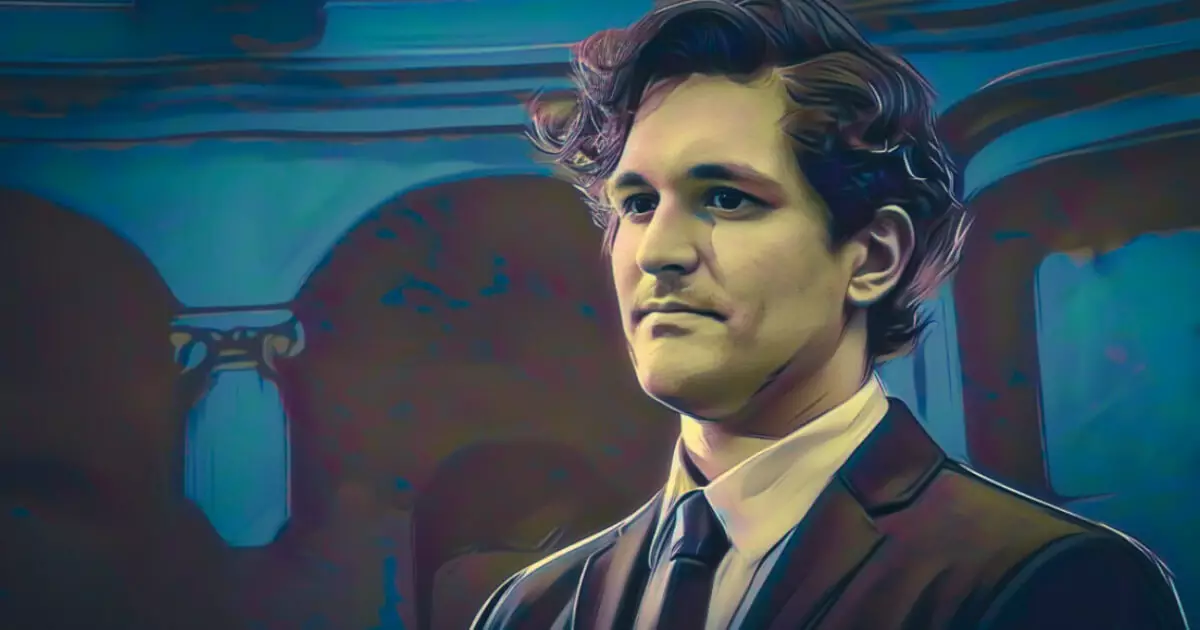In a recent criminal case, Sam Bankman-Fried, the co-founder and former CEO of FTX, provided testimony that shed light on the origins and eventual collapse of FTX and its sister firm, Alameda Research. Bankman-Fried revealed that he launched Alameda because of the growing popularity of cryptocurrency, despite having limited knowledge about it. He admitted that he knew “basically nothing” about cryptocurrency but saw it as a market with high demand for an arbitrage provider. With this motivation, Alameda Research began as a small operation, operating out of a low-key Airbnb in North Berkeley, California.
Bankman-Fried explained that he chose to keep Alameda Research under the radar and opted for a name that didn’t directly link the firm to him. He wanted to maintain a low profile and avoid calling it “Sam’s crypto trading firm.” This decision to operate discreetly highlights the early stages of Alameda Research and FTX, where they were still testing the waters and navigating the volatile crypto market.
Risk Management Challenges
As the testimony continued, Bankman-Fried addressed the relationship between Alameda Research and FTX. He revealed that Alameda served as a market maker for FTX, and any risk spillover could have catastrophic consequences for FTX. To mitigate this risk, Bankman-Fried instructed the co-founder of FTX, Gary Wang, to take preventive measures against possible liquidations. These measures included allowing account balances to go negative, as mentioned in Wang’s own testimony. However, Bankman-Fried emphasized that he wasn’t fully aware of the financial situation at the time and believed that the funds were either held in a bank account or sent to FTX in stablecoins.
Operational Matters and Business Moves
Aside from risk management, Bankman-Fried briefly touched on other operational matters during his testimony. He mentioned his use of the Signal messaging app, FTX’s terms of service, and the FTT token, shedding light on the inner workings of the businesses. Additionally, Bankman-Fried discussed the relocation of FTX and Alameda Research to Hong Kong for its regulatory environment. However, due to COVID-19 quarantines and domestic disputes with China, both firms had to move again. Ultimately, FTX found a suitable regulatory environment in the Bahamas, where the company’s employees lived together in a shared apartment.
Personal Relationships and Investments
In a surprising revelation, Bankman-Fried discussed the breakdown of his relationship with former Alameda Research CEO Caroline Ellison. While Bankman-Fried characterized it as a situation where Ellison wanted more than he could give, Ellison’s testimony portrayed a significantly strained relationship, with Bankman-Fried blaming her for the company’s issues and resorting to yelling. Bankman-Fried also highlighted his involvement in various investment activities, including purchasing the Miami-Dade Arena and investing in emerging projects like Solana. He further detailed his investments in the VC firm K5, which he saw as promising for its incubations and celebrity contacts.
Political Donations and Regulatory Lobbying
One notable aspect of Bankman-Fried’s testimony was his involvement in political donations and cryptocurrency lobbying. He expressed an interest in pandemic prevention and believed that policy, the Congress, and the Executive Branch played crucial roles. Some of the donations he made were from loans provided by Alameda Research, and other FTX executives, such as Nishad Singh and Ryan Salame, also made donations. Singh admitted to his association with some of the donations and pleaded guilty to campaign financing charges. Bankman-Fried’s testimony outlined his belief in the importance of a robust regulatory structure for the cryptocurrency industry and his willingness to contribute to political candidates and groups.
At the time of writing, Bankman-Fried was still on the witness stand, and the defense’s ultimate argument remained unclear. The testimony revealed unsettling details about the operations, risk management, personal relationships, and investments of FTX and Alameda Research. As the criminal case unfolds, it will be interesting to see how these revelations impact the overall outcome and the future of Bankman-Fried and his ventures.


Leave a Reply